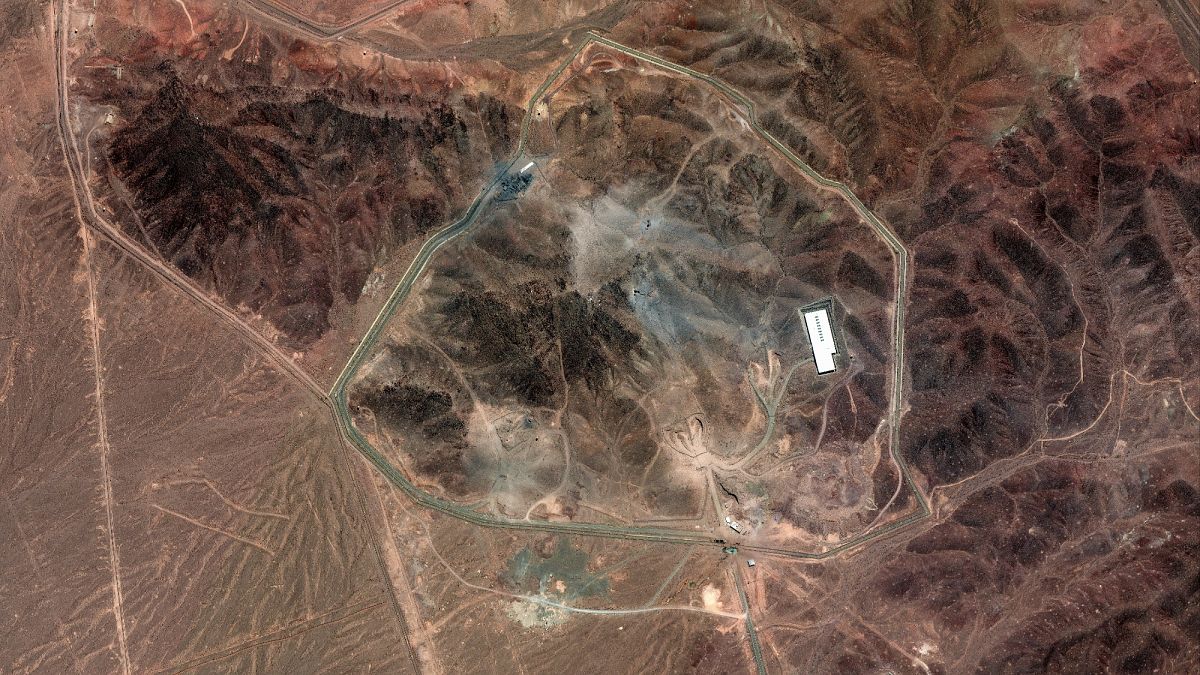

The world continues to navigate through challenging times, as recent developments in the Middle East and Africa spotlight the complex web of geopolitical and social tensions. Recent events in Iran, Israel, Sudan, and Kenya paint a picture that underscores the importance of diplomatic engagements and humanitarian efforts in maintaining peace and stability.
In Iran, the Fordow nuclear enrichment site has come under scrutiny following airstrikes that targeted the facility. According to the Israeli atomic agency, these strikes have rendered the site inoperable, a claim that contrasts with a leaked intelligence report from the United States suggesting only a temporary setback to Iran’s nuclear program. This difference in assessments highlights the opaque nature of nuclear developments in the region and emphasizes the need for transparency in international dialogues concerning nuclear proliferation.
The broader context for these tensions in Iran involves further regional instability marked by a ceasefire with Israel. Despite the parliamentary halt to immediate hostilities, Iranian authorities have embarked on a significant internal crackdown. Reports indicate mass arrests and the execution of individuals perceived as security threats, particularly in areas such as the Kurdish region. This intensification follows recent Israeli airstrikes and underscores the internal complexities faced by the Iranian government as it balances external pressures with domestic dissent.
Meanwhile, the conflict between Israel and Hamas continues to claim lives, with a recent explosion killing seven Israeli soldiers in southern Gaza. This tragic event is part of broader hostilities that have seen significant casualties on both sides since renewed conflict erupted in October 2023. With over 860 Israeli soldiers reported dead, there is an urgent need for sustained peace efforts and humanitarian interventions to protect civilians and restore calm in the region.
Turning to Africa, the recent protests in Kenya have resulted in at least 16 deaths and hundreds of injuries. These demonstrations were primarily aimed at honoring victims of last year’s anti-government protests. The events turned violent as police clashed with marchers in Nairobi and other regions, deploying water cannons and teargas to disperse the crowd. The death toll has been confirmed by the Kenya National Commission on Human Rights, shedding light on the ongoing struggle for democratic expression and governmental accountability in the nation.
Additionally, Sudan remains gripped by its humanitarian crisis, exacerbated by a recent attack on a hospital in West Kordofan. The World Health Organization reports more than 40 civilians killed, including children and health workers. The ongoing civil war in Sudan continues to impact civilians disproportionately, with participants on various sides of the conflict facing allegations of exacerbating the situation. This incident highlights the desperate need for international aid and a concerted peace process to ensure the safety and well-being of Sudanese civilians.
The confluence of these events serves as a reminder of the delicate tapestry of international relations and the critical role that peacebuilding plays across these regions. As stakeholders mull over appropriate responses, it is hoped that the pursuit of justice, peace, and stability will guide the efforts of the international community, fostering an environment where lasting resolutions can be achieved and where safety and liberty are extended to all affected populations.
Source: {link}
